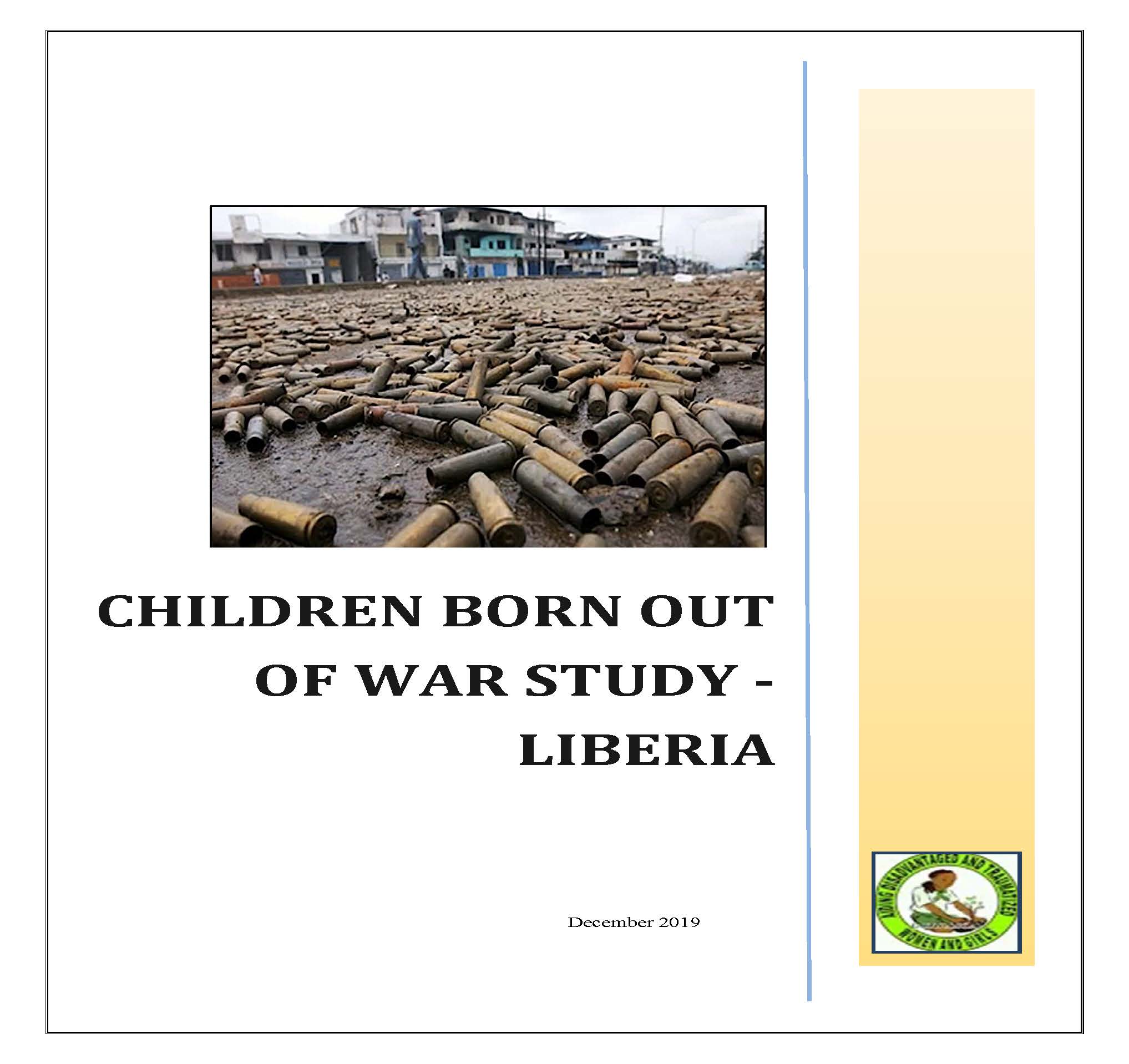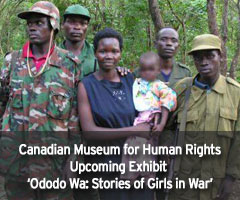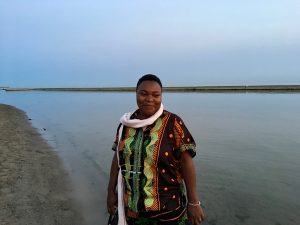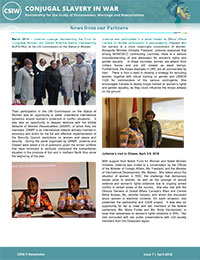Report by: Aiding Disadvantaged and Traumatized Women and Girls (ADWANGA)
Authors: Amelia M. Cooper (Team Leader), Tinatua Calvin Kollie (Research Consultant), Justin Ajavon (Research Assistant), Keren Hallowanga (Research Assistant), Rebekah Bertchi (Research Assistant), T. James K. Nyalla (Field Assistant) Warkapoe Warkanuah (Field Assistant)
Date: December 2019
Executive Summary
ADWANGA researchers undertook interviews and household surveys across three counties in Liberia to better understand the experiences of young people in post-conflict Liberia. Researchers conducted 75 interviews exploring issues such as household income, education, stigma and opportunity in the community, impactful memories from the war, and what they hope for in the future. Some of these young people were born to mothers abducted and raped by soldiers, others were themselves abducted by armed groups, and some participants experienced displacement and the tragic loss of family members during fighting. All remain deeply impacted by the war and are left without sufficient support. Factors mediating these challenges include access to education and a sense of belonging in the community. Mothers of war-affected youth and other key community members were also given an opportunity to share experiences through focus group discussions. Many reported on the difficulties of raising children without support and while dealing with their own trauma, untreated injuries, and community stigma. Mothers indicated a strong need for vocational training and a desire to re-connect with family and community members.
ADWANGA’s report makes clear that there is a pressing need for more research into the experiences of war affected youth in Liberia, and more support is required for all those who continue to struggle 17 years after the conflict ended. This research was conducted in collaboration with the Conjugal Slavery in War partnership project (CSiW) and funded by the Social Science and Humanities Research Council (SSHRC).






